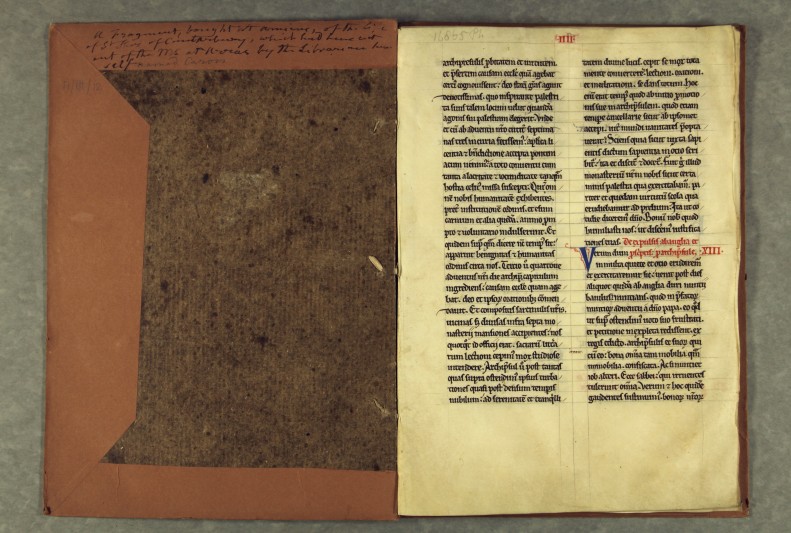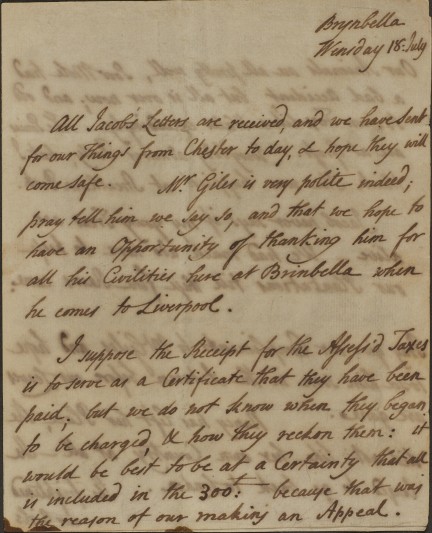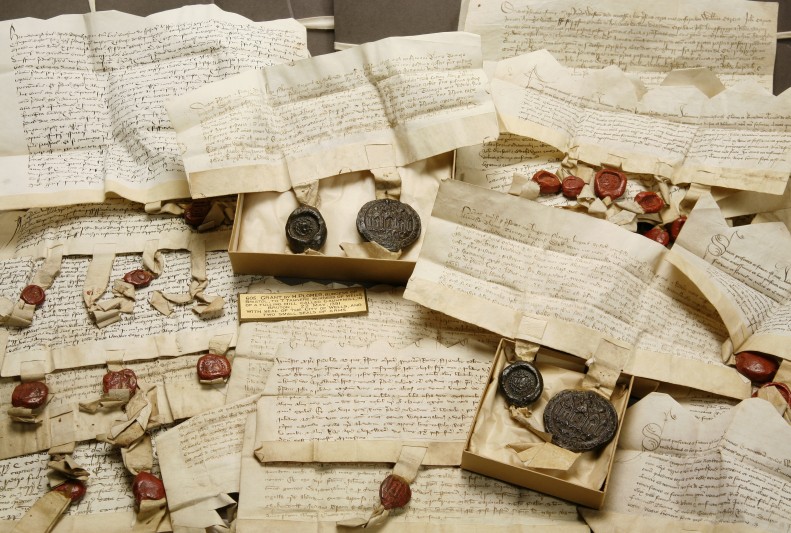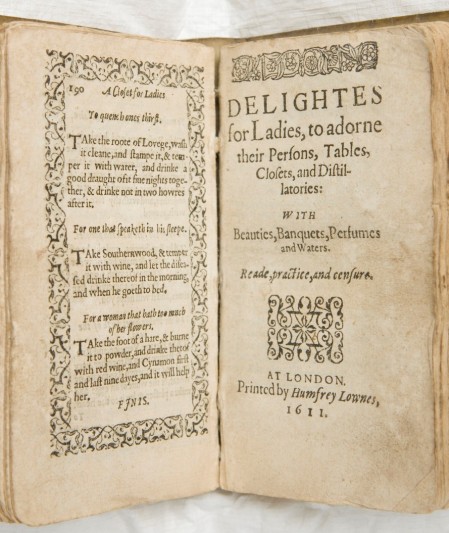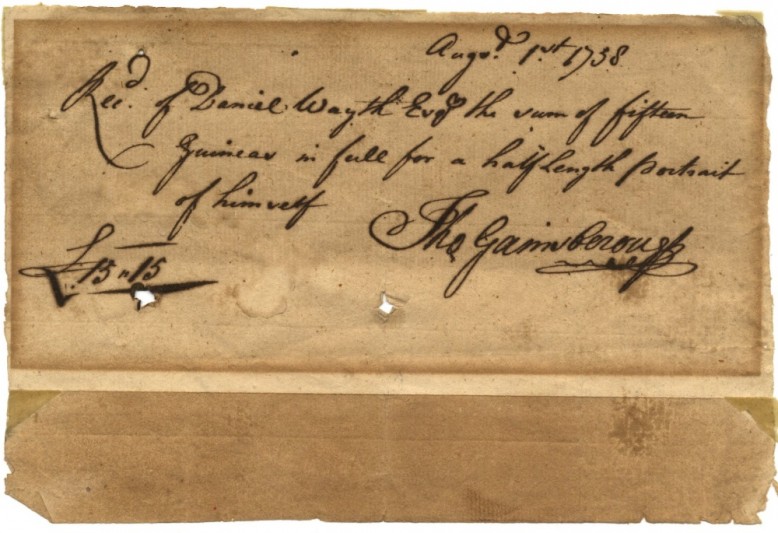The most important contemporary account of the life of Archbishop Thomas Becket, murdered in Canterbury Cathedral in December 1170 and canonised in April 1173, was written by his closest friend, companion and secretary, Herbert of Bosham (c.1120-c.1194).
Search FNL grants since 1931
The acquisition of this exceptional collection of letters from Iris Murdoch to Sir Leo Pliatzky, Permanent Secretary at the Department of Trade and knighted in 1977, will ensure that important documents illustrating the literary, political and philosophical zeitgeist of mid to late twentieth cent
Iris Murdoch wrote the 9 undated autograph letters to Wallace Robson, together with 11 poems, between March 1952 and March 1954. Murdoch met Robson in 1950 when he was Fellow in English at Lincoln College Oxford.
Iris Murdoch wrote the 9 undated autograph letters to Wallace Robson, together with 11 poems, between March 1952 and March 1954. Murdoch met Robson in 1950 when he was Fellow in English at Lincoln College Oxford.
The sequence of letters to Rachel Fenner comprises about 215 autograph letters, together with 85 autograph postcards and other notes from Iris Murdoch written between 1964 and 1993.
Hester Lynch Piozzi (formerly Thrale, née Salusbury) is well known as the friend of Dr Samuel Johnson, and the hostess of a brilliant literary circle.
Haringey Archive includes a significant collection of manorial documents and court rolls for the Manor of Tottenham.
This edition of Delightes is bound with another slim household recipe book, A Closet for Ladies and Gentlewomen, which is anonymous but may also be one of Plat’s works--the two certainly were commonly bound together after this 1611 edition. Delightes was probably first published in 1600 and A Closet in 1602, and the two were repeatedly republished through the first three quarters of the seventeenth century. Both are now rare, with the earliest surviving edition of A Closet being that published in 1608.
This handwritten receipt by Thomas Gainsborough is for the sum of 15 guineas received for a half-length portrait (which was 50 x 40 inches canvas). The portrait, now lost, was painted during the period he was living in Ipswich in the 1750s.
Malcolm Elwin was born in 1903, the son of a Nottingham businessman. He was privately educated (possibly on health grounds) and became a student at University College, Oxford, but seems to have left without a degree in order to embark on a literary career. As that career progressed du
